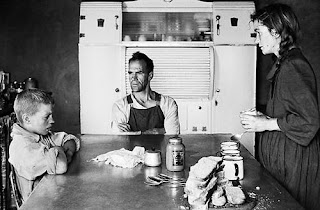"Transforma-se o amador na coisa amada"
«Transforma-se o amador na coisa amada», com seu
feroz sorriso, os dentes,
as mãos que relampejam no escuro. Traz ruído
e silêncio. Traz o barulho das ondas frias
e das ardentes pedras que tem dentro de si.
E cobre esse ruído rudimentar com o assombrado
silêncio da sua última vida.
O amador transforma-se de instante para instante,
e sente-se o espírito imortal do amor
criando a carne em extremas atmosferas, acima
de todas as coisas mortas.
Transforma-se o amador. Corre pelas formas dentro.
E a coisa amada é uma baía estanque.
É o espaço de um castiçal,
a coluna vertebral e o espírito
das mulheres sentadas.
Transforma-se em noite extintora.
Porque o amador é tudo, e a coisa amada
é uma cortina
onde o vento do amador bate no alto da janela
aberta. O amador entra
por todas as janelas abertas. Ele bate, bate, bate.
O amador é um martelo que esmaga.
Que transforma a coisa amada.
Ele entra pelos ouvidos, e depois a mulher
que escuta
fica com aquele grito para sempre na cabeça
a arder como o primeiro dia do verão. Ela ouve
e vai-se transformando, enquanto dorme, naquele grito
do amador.
Depois acorda, e vai, e dá-se ao amador,
dá-lhe o grito dele.
E o amador e a coisa amada são um único grito
anterior de amor.
E gritam e batem. Ele bate-lhe com o seu espírito
de amador. E ela é batida, e bate-lhe
com o seu espírito de amada.
Então o mundo transforma-se neste ruído áspero
do amor. Enquanto em cima
o silêncio do amador e da amada alimentam
o imprevisto silêncio do mundo e do amor.
Herberto Helder
Transforma-se o amador na coisa amada
Por virtude do muito imaginar;
Não tenho, logo, mais que desejar,
Pois em mim tenho a parte desejada.
Se nela está minha alma transformada,
Que mais deseja o corpo de alcançar?
Em si somente pode descansar,
Pois com ele tal alma está liada.
Mas esta linda e pura semideia,
Que, como o acidente em seu sujeito
Assim como a alma minha se conforma
Está no pensamento como ideia;
O vivo e puro amor de que sou feito
Como a matéria simples busca a forma.
Luís de Camões





















